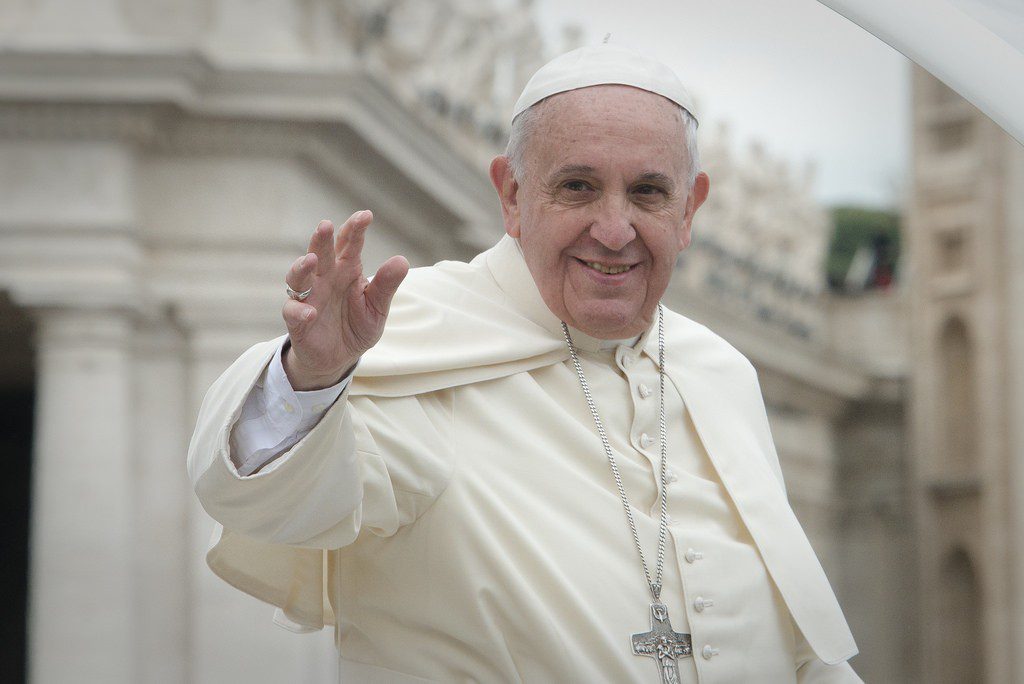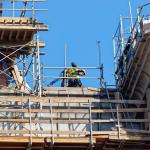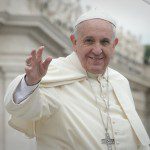
So here’s the deal: when the Synod of Bishops first started, I had expected that I would watch the reports and keep up with the news coming out of Rome, and type up little summaries as a way of both sharing things with readers and digesting the information itself.
But here’s what I’ve learned: there’s not much to share.
The information being shared officially is bland. “Young people want to be listened to.” “Young people want a personal connection to their priests and bishops.” “Young people expect priests and bishops to set a good example rather than just lecturing them.” “Young people want to be involved in care for the environment and other issues.” “We need to do more to help migrants (whose needs are slotted into the synod because they are predominantly young adults).” Blah blah blah. Talk about sports and social media. And one quote that was floating around was a recap of a discussion of “young people like ‘praise music.’ But some young people are into chant. Well, whatever, they want music that sounds good and isn’t bland.”
And an article at the National Catholic Register last week reports that the lack of information is intentional — with the rationale either being to allow participants to speak freely without worries of misinterpretation or, alternatively, because synod participants (who, remember, are bishops) simply don’t accept church teaching and want to be able to voice their dissent openly.
But that same article also discusses the possibility that the synod document that will be voted on at the end of the event might contain some unwelcome declaration:
The issue is significant as many believe this synod is being subtly used as a vehicle for introducing heterodoxy and, in particular, acceptance of the ‘LGBT’ homosexual agenda in the Church (the term was controversially used in the synod’s working document). Observers also believe this issue will find its way into the final document which, for the first time under new rules, could become part of the papal magisterium depending on the Pope’s approval. According to some sources, the main substance of that document is actually already written, hence the lack of transparency, the absence of a mid-term report, and ambiguities over voting procedures at the end of the synod.
Possibly connected have been words from Cardinal Gualtiero Bassetti, president of the Italian bishops’ conference and known to be close to Pope Francis, who said Oct. 5 that he is “convinced that Pope Francis will give us some surprise” and “will for sure invent something before the conclusion of the Synod.”
This creeps me out, honestly, and all the more so given the Register’s report on the synod participants who have been chosen to write the final document. At the same time, I don’t like the fact that there is so little information available.
So on the one hand, it seems rather possible that the outcome will be a distinctly non-theological document, full of “best practices” with the sort of hodgepodge of ideas of “Things The Youth Want” and “Ways We Can Get Them To Come Back/Stay Here” that comes with input from hundreds of people, with various social justice messages thrown in for good measure, but without any real, meaningful content. On the other hand, given the secretiveness of the whole process, it seems just as likely that people with an agenda can drive this towards a document which can garner enough votes, due to the nature of the selection of bishops and due to strategy and politics, which does either declare some wholly new teaching or deliberately aims to set the church on the path towards such by means of some ambiguous wording.
And it reminds me of Ross Douthat’s description of the prior synod, on the family, in which he says that the pope had “stacked the deck” in terms of attendees, in order to produce a document that signed off on removing the church’s teaching on the indissolubility of marriage, but that the mid-conference report generated such outrage and the paragraphs on such in the final report couldn’t get the necessary votes.
Which suggests that the lack of the mid-conference report and the fact that the voting process is unclear, at best, could well be a set-up for enabling liberals to push through their doctrine-changing agenda. Whether it will be, we won’t know — but by the time we do know, it may be too late.
Image: from Flickr: https://www.flickr.com/photos/113018453@N05/14037472464











